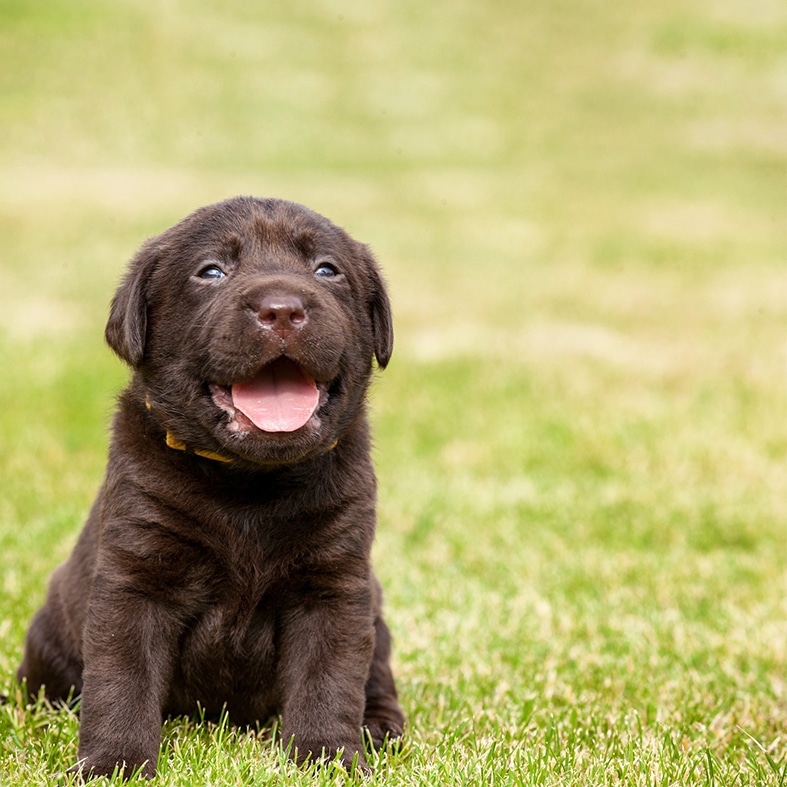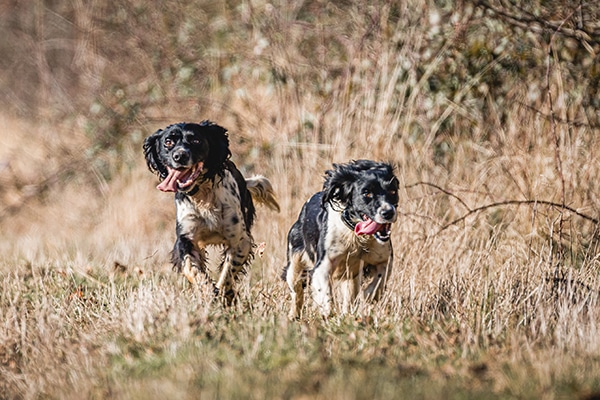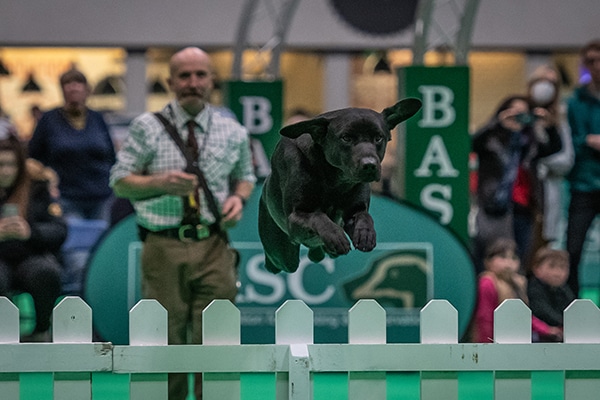
Tail docking in Scotland
The procedure must be undertaken by a veterinary surgeon on pups aged five days or less.
Get information on the legal shooting season for mammals and birds in the UK.
Learn about our current conservation projects and how you can get involved.
Comprehensive information and advice from our specialist firearms team.
Everything you need to know about shotgun, rifle and airgun ammunition.
Find our up-to-date information, advice and links to government resources.
Everything you need to know on firearms law and licensing.
All the latest news and advice on general licences and how they affect you.


Gundogs Gundog advice Dog Breeding Regulations in England
Since 1 October 2018, there have been revised regulations surrounding the breeding and selling of puppies in England, which aimed to tighten regulations surrounding dog breeding as a business or breeding for profit.
You will need a dog breeding licence if you meet the following criteria:
You are breeding three or more litters where at least one puppy from each litter is sold in a 12-month period.
You are selling puppies commercially. Whether this be by sale, commission, fee from activity etc. This is irrespective of the number of litters produced per year.
To ascertain whether your trading income qualifies the need for a licence, look at the costs incurred in raising a litter (stud fees, food, KC registration, vet fees etc.) against the income from selling the puppies. If you roughly break even, then you are not a business operation, and no breeding licence would be required.
Breeders who breed a small number of puppies (i.e. less than three litters per year), and sell them without making a profit will be exempt from the need for a licence. However, the sale of even a small number of puppies with a high sale price would flag up the need for a licence.
£1,000 trading income is a tax threshold. Therefore, if you have an income of £1,000, you have an obligation to declare it to HMRC, at which point the costs incurred will also be assessed to determine whether tax is payable or not.
Licensed breeders receive a star rating from one to five stars based on two factors;
Welfare standards against which the breeder is operating (i.e. whether the breeder makes use of health tests)
The risk rating (based on the breeder’s history of meeting these standards)
A local authority may grant a licence for a period of one, two or three years as part of the star rating licensing model.
A breeder who has a five-star rating will be allocated a three-year licence for instance. A lower star rating means breeders will be inspected more often and pay a higher licence fee.
The only way of gaining a higher star rating is by meeting the higher standards. The higher standards are classified into two types, ones which are required and ones which are optional.
To qualify as meeting the higher standards, the business needs to achieve all of the required higher standards as well as a minimum of 50% of the optional higher standards.


The procedure must be undertaken by a veterinary surgeon on pups aged five days or less.

Vet Rebecca Bailey shares her essentials for a good first aid kit and some quick tips on need-to-know first aid care.

Taking part in Crufts, particularly for the first time, is a very exciting experience and there is no need to feel intimidated by the day.
Sign up to our weekly newsletter and get all the latest updates straight to your inbox.
© 2023 British Association for Shooting and Conservation. Registered Office: Marford Mill, Rossett, Wrexham, LL12 0HL – Registered Society No: 28488R. BASC is a trading name of the British Association for Shooting and Conservation Limited which is authorised and regulated by the Financial Conduct Authority (FCA) under firm reference number 311937.
If you have any questions or complaints about your BASC membership insurance cover, please email us. More information about resolving complaints can be found on the FCA website or on the EU ODR platform.
This website uses cookies so that we can provide you with the best user experience possible. Cookie information is stored in your browser and performs functions such as recognising you when you return to our website and helping our team to understand which sections of the website you find most interesting and useful.
Strictly Necessary Cookie should be enabled at all times so that we can save your preferences for cookie settings.
If you disable this cookie, we will not be able to save your preferences. This means that every time you visit this website you will need to enable or disable cookies again.
This website uses Google Analytics to collect anonymous information such as the number of visitors to the site, and the most popular pages.
Keeping this cookie enabled helps us to improve our website.
Please enable Strictly Necessary Cookies first so that we can save your preferences!
More information about our Cookie Policy